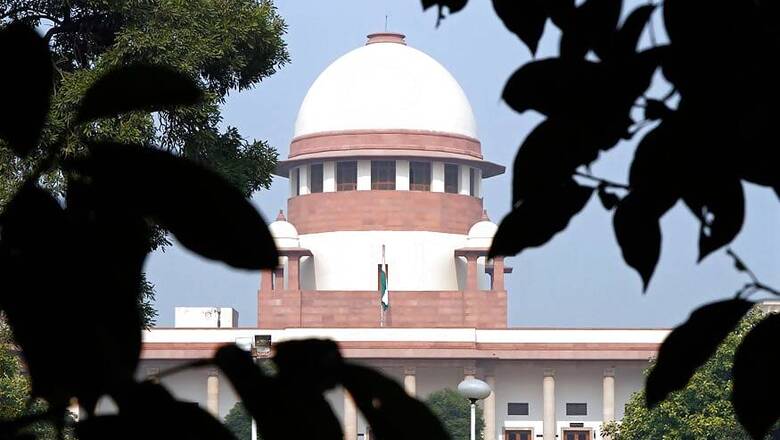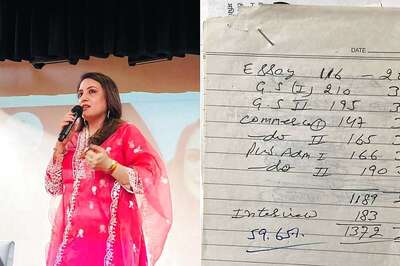
views
New Delhi: A year after the Supreme Court of India struck down the National Judicial Accountability Commission (NJAC) Act, a Parliament standing committee has re-iterated the primacy of executive in appointments of judges to higher judiciary.
The committee on law and justice headed by Congress deputy leader in Rajya Sabha,Anand Sharma, has in the latest report stressed on the constitutional scheme of only consultation and concurrence with the opinion of Supreme Court collegium.
The committee recommends that distortion in the original mandate of the Constitution arising from the judgment of the apex courts in the Second Judges Case and subsequent cases needs to be reversed and the “original Constitutional position” needs to be respected in letter and spirit.
The committee during its deliberations also felt that both the collegium and the executive should give reasons for rejection of a candidate for higher judiciary.
'Glasnost in the process of the appointment is the need of the hour', the committee says in its report, borrowing the phrase from the radical changes in policies ushered in by former USSR President Mikhail Gorvachov bringing down the iron curtains on the erstwhile Communist state.
In 2015, the Parliament had approved NJAC which gave a say to the executive in the appointment of Judges.
This offset the earlier arrangement of a collegium system comprising five seniormost judges of the SC appointing judges to High Courts and Supreme Court.
The NJAC Act was challenged in the top court and was struck down, with a Constitutional Bench calling the statute to be an interference in the independence of judiciary.
Upholding the primacy of the collegium system, the Court, however, directed the government to frame new rules for appointments in consultations with the Chief Justice of India.
Even twelve months after the verdict, the government and CJI are not on the same page on the framing of new rules (Memorandum of Procedure).
The disagreement has slowed down the appointment process even as almost 50% of the vacancies in the High-Courts remain unfilled.



















Comments
0 comment